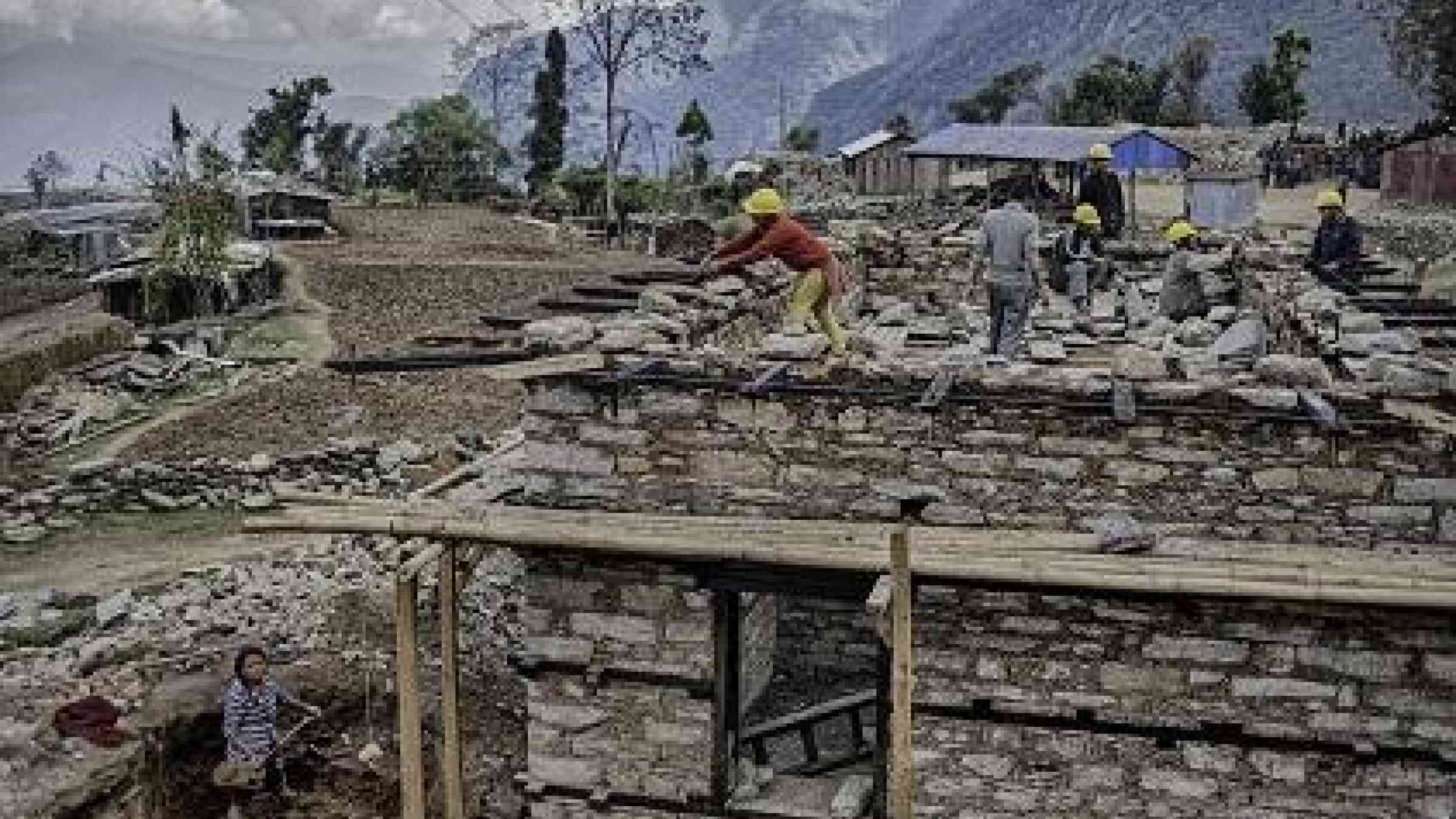EU provides €6 million to make vulnerable cities resilient to disasters

1 July 2016, GENEVA – The UN Office for Disaster Risk Reduction (UNISDR) and the United Nations Human Settlements Programme (UN-Habitat) aim to reduce disaster losses in some of the world’s most hazard prone cities with the initial aid of a €6 million grant from the EU, over the next three years.
Mr. Neven Mimica, European Commissioner for International Cooperation and Development said: ”Strengthening disaster risk governance is an essential part of sustainable development and a key priority of the Sendai Framework. I am delighted that with EU support this project will help vulnerable cities become more resilient to disasters, increase the awareness of local authorities of future risks, and promote engagement of people living in these cities in reducing disaster risk.”
The project “Making cities sustainable and resilient: implementing the Sendai Framework for Disaster Risk Reduction 2015-2030 at the local level” is key to achieving a substantial increase in the number of countries with national and local disaster risk reduction strategies by 2020 as called for in the Sendai Framework, the global blueprint for reducing disaster losses. Making cities and communities resilient is also key to achieving the Sustainable Development Goals.
The cities and towns covered by the project include Kathmandu, Nepal, a country where almost three million remain homeless following an earthquake last year which killed 8,800 people, and Port Villa, Vanuatu, which suffered heavy economic losses as a result of Category 5 Hurricane Pam which hit in March last year.
The UN Secretary-General’s Special Representative for Disaster Risk Reduction and head of UNISDR, Mr. Robert Glasser, said: “These cities and towns in least developed countries and small island developing states are on the front line of climate change and extreme weather events. This funding will enable us to work with these crisis-prone cities to address disaster risks at the local level.”
Mr. Joan Clos, Executive Director of UN-Habitat and Secretary-General of Habitat III, said: “We will work closely with local governments to establish disaster loss baselines and create risk profiles which will help integrate disaster risk management into urban planning.”
The project also seeks to expand the Making Cities Resilient Campaign with a further 560 new cities and local governments to join the 3,200 cities and towns that already participate in the Campaign which was launched five years ago by UNISDR and requires a commitment to implement ten essential actions for building resilience. At least 200 cities and local governments will be assisted in assessing their gaps and progress in building resilience.
UN-Habitat will focus on four crisis prone cities in post-disaster contexts: Asuncion (Paraguay), Dakar (Senegal), Maputo (Mozambique), Port Villa (Vanuatu) using its City Resilience Profiling Programme (CRPP) which provides local governments with tools for measuring and increasing resilience to multi-hazard impacts including those associated with climate change.
UNISDR will support the development of action plans for reducing disaster risk in these 20 cities: Kampala (Uganda), Dire-Dawa (Ethiopia), Kisumu (Kenya), Yaounde (Cameroon), Pria (Cabo Verde), Khartoum (Republic of Sudan), Ismaliya Governorate (Egypt), Nablus (Palestine), Nouakchott (Mauritania), Honiara (Solomon Islands), Ulaanbaatar (Mongolia), Kathmandu City (Nepal), Dhaka North City Cooperation (Bangladesh), Cilacap Regency (Indonesia), Mawlamyine (Myanmar), Tegucigalpa (Honduras), Kingston (Jamaica), Guayaquil (Ecuador), Managua (Nicaragua) and San Juan de Lurigancho (Peru).